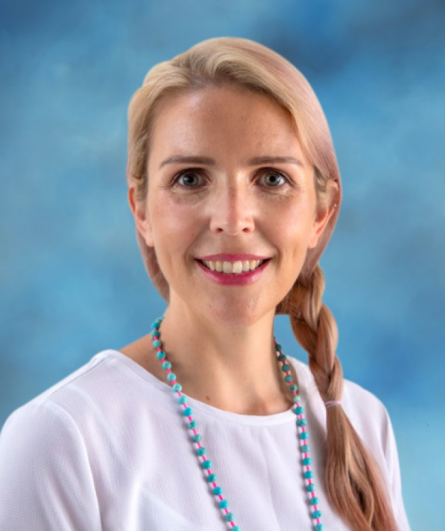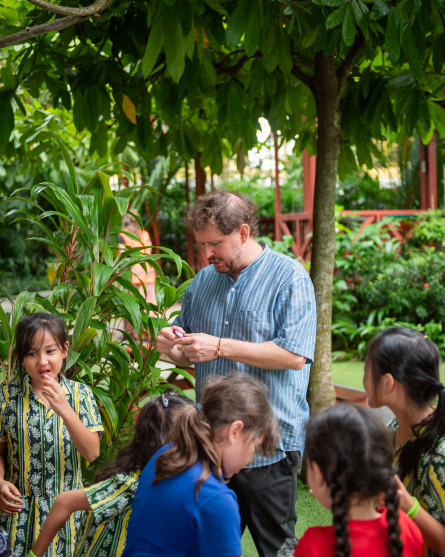
Counselling Services
School Counsellor
Uplands offers a confidential counselling service which aims to provide support, guidance and encouragement to students during their time at Uplands.
Introduction to Student Counselling
I’m excited to join the school community as your new counselor. I’m deeply passionate about creating a safe and supportive environment where students feel comfortable to share, grow, and thrive. Listening to students and understanding their unique needs is at the heart of what I do, and I strive to make everyone feel heard and valued.
I’m also fortunate to collaborate with our Safe School Coordinator, Catryana Nellan, to ensure our school is a safe and welcoming place for all. We are dedicated to promoting well-being and fostering a sense of belonging throughout the school.
I look forward to getting to know each of you and supporting you on your journey!

Why have a school counsellor?
Every student from kindergarten right up to Year 13 goes through a lot of personal changes as they grow from childhood to adulthood. Alongside this, you are also managing school life, friendships, relationships, academic schedules and finding your own social identity. This means that sometimes you can be under a lot of pressure.
One of the aims of counselling is to make sure you are supported through any challenging circumstances you might have to deal with as you go through school.
Many young people speak to their parents, friends or relatives when they face challenges, but sometimes for some people it is easier to talk about some things with someone more neutral.

What is counselling?
Counselling is a private conversation which provides you with an opportunity to talk about, think about and reflect upon any issues or challenges you are facing at the time so that you can figure out a way forward or find a solution which will work for you.
I believe that every young person has the resources to make positive changes for themselves when they need to. Counselling aims to allow you to access your own resources and abilities to solve problems so that you become more confident when you face similar challenges in the future.
What will a counselling session involve?
The first session will always be spent listening to you and getting to know you. I will most likely ask you about your strengths, skills, qualities, interests, ambitions, talents and all the good things about you. We will also discuss how things are for you in general. I will try my best to make each session as informal and comfortable as possible.
After the first session we will decide together whether counselling will be useful to you or not. We will also agree when to meet again and decide together what will be useful for us to work on.
Attendance is voluntary
Coming to counselling is entirely your choice and you will never be forced to attend. If you do come I will take you seriously, treat you with respect and view your attendance as you taking responsibility for yourself. You will never be judged, criticised or stigmatised but you may be challenged to explore options, try new things and discover alternative ways of dealing with difficulties. When people face challenges, it represents a strength to take the initiative and do something about it.
In very rare and exceptional cases you might be asked to come to counselling as a condition of your staying at school.
Confidentiality
Counselling is confidential, which means that you can speak to me about personal areas of your life without it being passed on to others, including parents. There are, however, certain things that professionally I have to pass on to either school authorities or external agencies and these are usually to do with issues of safety such as disclosure of abuse, criminal activity, drug use, violence, serious health issues, etc. If you need to speak to me about something which you are afraid may be passed on you can discuss the levels of confidentiality before we start.
Why someone might wish to make an appointment?
There are several reasons why any student might want to make an appointment and they broadly fall under the following categories:
- Family / Friends / Relationships
- Managing school
- Managing self / managing others
- Substance management, awareness and cessation
- Confidence and self-esteem development
- Health and well-being (physical, emotional, sexual)
- Decision-making / confusion
- Anxiety and stress management
- Problem solving / solution finding
- Exam management / study skills / effective learning
- Performance enhancement (academic and sports)
- Behavioural / emotional support
Parents and teachers can also make a referral if they are worried about your well-being at school.
How can I make an appointment?
You can contact me for an appointment by:
- Telephone
- Speaking to me in person
We will probably see each other around the school and you are always welcome to come and chat informally.
When can I make an appointment?
You can contact me for an appointment by:
- Telephone
- Speaking to me in person
We will probably see each other around the school and you are always welcome to come and chat informally.
Where do I go?
You can contact me for an appointment by:
- Telephone
- Speaking to me in person
We will probably see each other around the school and you are always welcome to come and chat informally.

